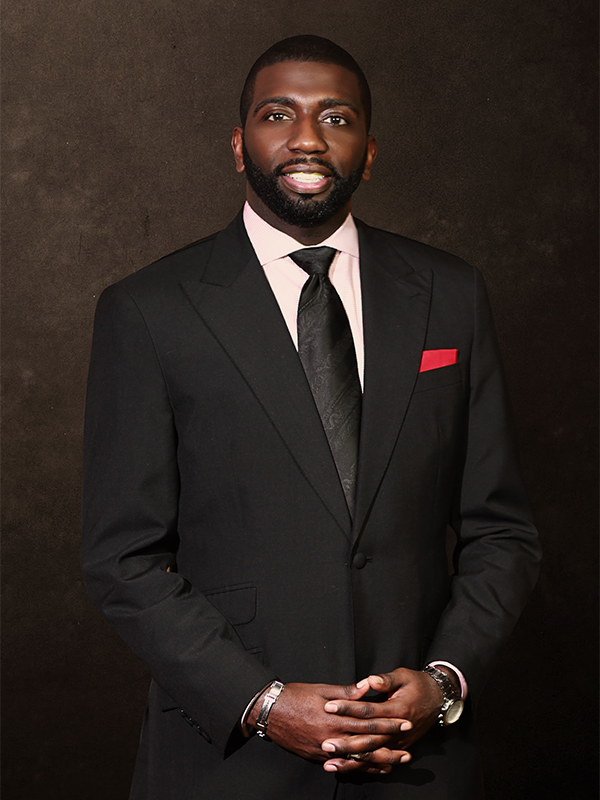
“I Am 2018” COGIC project coordinator Pastor Linwood Dillard. (Courtesy of Linwood Dillard)
The names Echol Cole and Robert Walker are far less familiar than the Rev. Martin Luther King Jr.
But it was the labor action over harsh working conditions triggered by the deaths of the two African-American sanitation workers that prompted the civil rights leader to travel to Memphis, Tenn., where he was assassinated on April 4, 1968.
On Thursday (Feb. 1), faith leaders joined political and labor officials to mark the anniversary of the 1968 deaths of Cole and Walker, who both had taken cover from a rainstorm inside their garbage truck when its compactor malfunctioned and they were crushed.
The city did not give their families enough money to cover their funeral expenses. Their deaths led to a protest in which local strikers from the American Federation of State, County and Municipal Employees carried "I Am a Man" signs.
King joined their cause, visiting the city twice for it, and commended the many clergy who had become involved in it when he preached his "I've Been to the Mountaintop" sermon on April 3, 1968, which would be his last.
Thursday's observance is part of the "I Am 2018" campaign, in which leaders of the Church of God in Christ, the nation's largest black Pentecostal denomination, and the American Federation of State, County and Municipal Employees aim to draw attention to continuing needs for economic and racial justice.
"February 1 was so pivotal in all that took place with the two gentlemen that were killed due to the poor wages and the almost plantation style of work environment that triggered the movement and the strike that ultimately led to Dr. King's involvement," said Pastor Linwood Dillard, COGIC project coordinator for I Am 2018.
Advertisement
He expected dozens of clergy at a Memphis wreath-laying ceremony including a moment of silence, prayers and a reading from King's last sermon. Organizers said remembrances were planned in dozens of cities, with sanitation workers pulling off roadways and online supporters changing their profile pictures.
"Echol Cole and Robert Walker represented the struggle of working people then, and still do today," said AFSCME President Lee Saunders. "We honor them and the brave men who took on a racist, rigged system and vow to continue fighting for economic justice for all workers."



